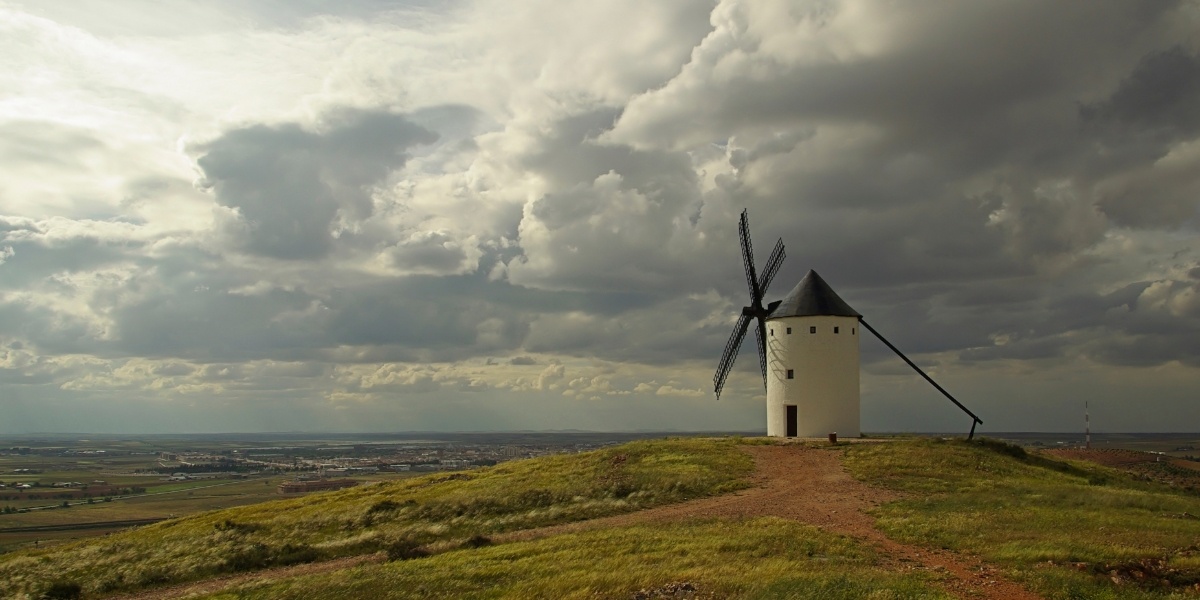Don Quixote and the Transformative Power of Reading
Share
By Hillsdale College Online Courses August 24, 2015
Throughout literature, a common theme is how reading changes lives, for better or worse. But according to Stephen W. Smith, our modern culture has forgotten this idea. Thus, the task of training a generation of great readers is more essential than ever.
The following video is a clip from Q&A 2 of Hillsdale’s Online Course, “Great Books 102,” featuring Stephen W. Smith, professor of English and Dean of Faculty, and John J. Miller, director of the Dow Journalism Program.
Transcript:
John Miller:
In the story of the Don…the act of reading is important. In fact the way reading can transform us is, is in some ways a theme of the book. It is even a theme throughout the “Great Books 101” and “Great Books 102”courses where we are doing that. Do you agree?
Steve Smith:
Oh, yeah, I think that…that theme is at the heart of many of the books I teach in the Great Books [course]. You know Don Quixote is a creature of his reading—as he reads so he lives, so he acts. He's transformed through reading from Hidalgo into a knight errant and he literally sets forward, sets forth from his front door into the world to redress wrongs. So in his case, reading is really a radical transformation. He's a serious reader. That part of the book I was mentioning earlier, it's not just… not simply humor and laughter, but from the beginning folks have been intrigued by a man, who reads like this, is changed, and literally sallies into the world to act on these new beliefs. It's part of what becomes kind of moving about the book.
Earlier in the tradition we see reading as well. Think of Dante's Inferno: Paulo and Francesca, the lovers in Canto V of the Inferno, read their way into hell, into an affair first and then into hell. [Or] more positively, Augustine in the Confessions at the moment of his conversion, a conversion, a turning, right? He is helped…throughout his conversion, by reading, but especially by the writings of St. Paul. “Take and read, take and read,” [says] the voice he hears in the garden in the Confessions, so as we read, you know, so we are, so we become. That can be a tragic process like it is for Paul and Francesca, when they're imitating bad models in particular, so an adulterous love affair.
But what if through reading we encounter authentic models to imitate, better models? I think in Don Quixote, he moves from the models of knight errantry at the beginning of the book to the stories of holy men and women, Saint's lives, [and] scripture by the end and that's the motion of the book. And in that way, on his death…one of the most interesting things he says is, ‘If I had time I'd read different books now, I would read other books.’ He hasn't stopped being a reader; he just wants a better book, a better model. So yeah, reading is a profound experience.
You know one of the things that's sad about our present age, one of the things we hope to redress is to…create another generation of great readers again… reading for good [or] reading for ill. But we have to realize just how much is involved when we read a book, reflect upon it, and then turn in one way or another because of it, for good or for ill. So this book really lays bare how powerful the act of reading is and how it can change lives.

